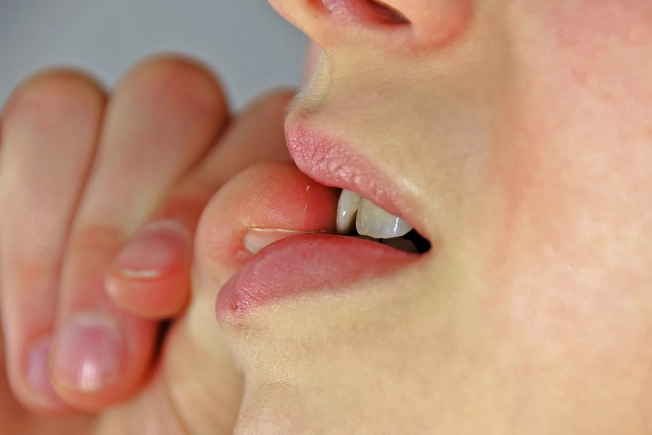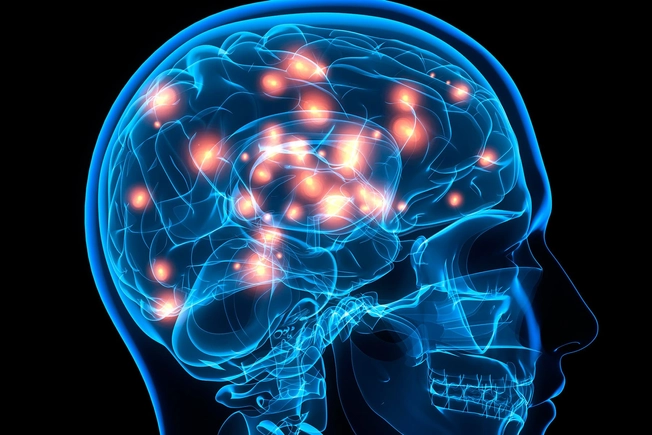What Is Misophonia?


Overreaction to Sounds
Misophonia is a disorder in which certain noises trigger strong responses from you, including some reactions that others may perceive as unreasonable. On the mild end, even quiet sounds that don't bother others may easily bother you. In more serious cases, hearing repetitive noises like a clock ticking or windshield wipers or people chewing, coughing, sneezing, and doing other normal things can disgust or anger you or prompt a fight or flight response.

Are Other People to Blame?
Possibly! While many people with misophonia react to sounds in the environment, others are triggered by the noises created by just one specific person. So your mother humming to themselves or a cubicle co-worker chowing down at lunch may regularly send you into a rage.

Possible Causes
Misophonia often happens along with other auditory health and mental conditions like obsessive compulsive disorder, anxiety problems, or Tourette's syndrome. Experts aren't sure if these disorders might be the underlying culprits of misophonia. But they do suspect at least some connection and believe anxiety over the matter can make it better or worse.

What It's Not
It's normal if a dentist drill, a baby's wail, or a loud scream startles or annoys you. But if you have misophonia -- a word with roots in Greek for “hatred” -- even ordinary sounds can trigger strong reactions. Things like whirring air conditioners, ticking clocks, and mobile phones chirping and dinging.

Learned Behavior?
Your misophonia might have cropped up for the first time when, say, you were anxious and suddenly noticed the sound of your spouse chewing. If mealtimes are tense in your house, your brain might create a link between tenseness and the sound. Over time, you may start to feel anxious whenever you hear someone chewing innocently, triggering the exaggerated response associated with misophonia.

A Physical Explanation?
People with misophonia often have more myelin, a fatty insulating cover, on nerve cells in their brain. And “trigger sounds” cause more activity in parts of their brain linked to emotion like fear, as well as to long-term memories. But scientists don't know for sure if these physical signs are a cause of misophonia or happen because of it.

An Avalanche
Many people complain that misophonia gets worse, but it's more likely that the issues wax and wane according to what's going on in their lives such as stress, health, or sleep. It is possible that over time, a visual association to the sound develops so that just the sight of what causes the noise creates a response.

Diagnosis
There's no official group of symptoms or tests for misophonia, so it can be hard to diagnose. An audiologist can help you rule out other auditory disorders and well as recommend counseling or coping skills. Here are some key signs of misophonia:
- You're highly sensitive to specific sounds or even the thought of them.
- The sound irritates, scares, or angers you, perhaps causing you to avoid what makes the sounds or even lash out.
- You become anxious upon knowing you will be entering an environment where the sounds are present.
- Your response disrupts your work, school, family, or social life.
- Another auditory, health, or mental health disorder doesn't better explain your symptoms.

Treatment
Misophonia has no cure or proven therapies, but it can be managed. A multi-disciplinary approach has proven most effective. It includes getting supportive counseling, educating yourself on how to bring down the physiological response, and cognitive therapy. Exposure therapy seems to make things worse, but a combination of white noise along with coping skills counseling has shown to help desensitize to sounds. An audiologist or therapist may be able to help guide you through your treatment options to find one that works best for you.